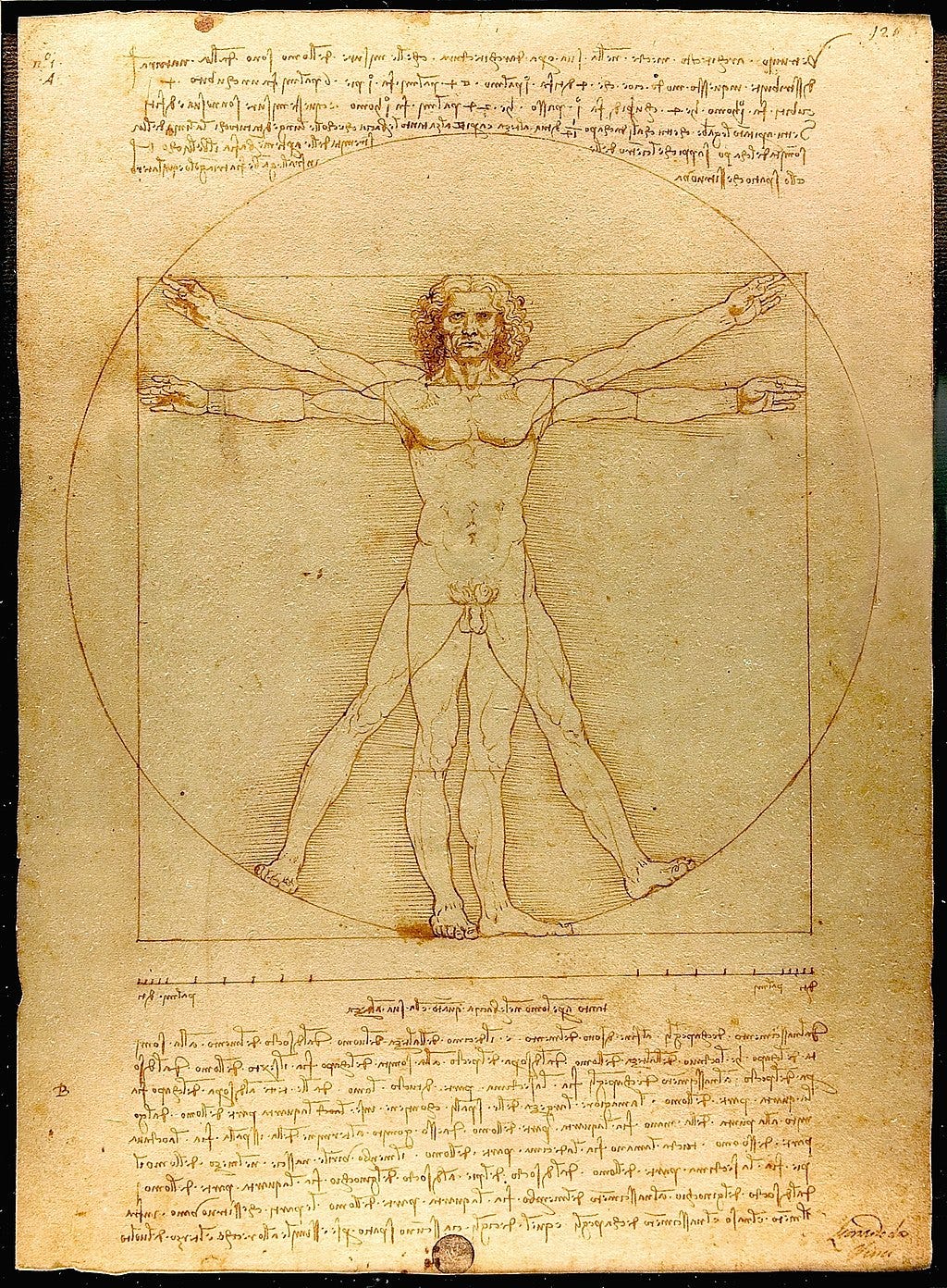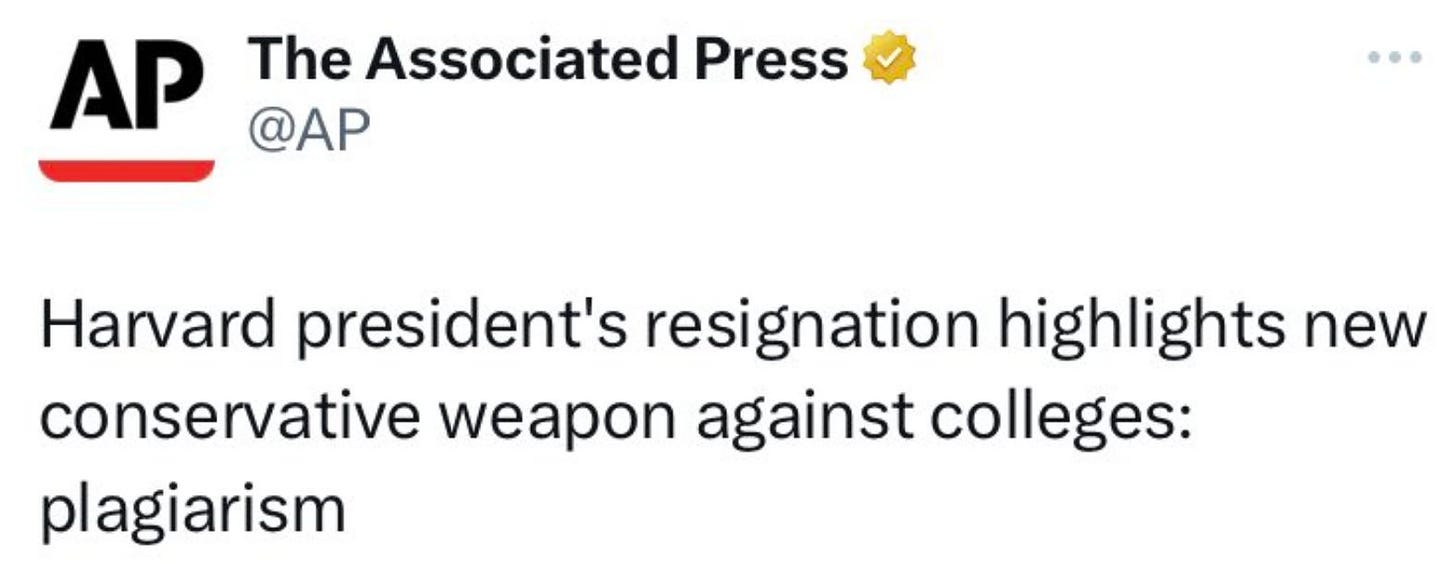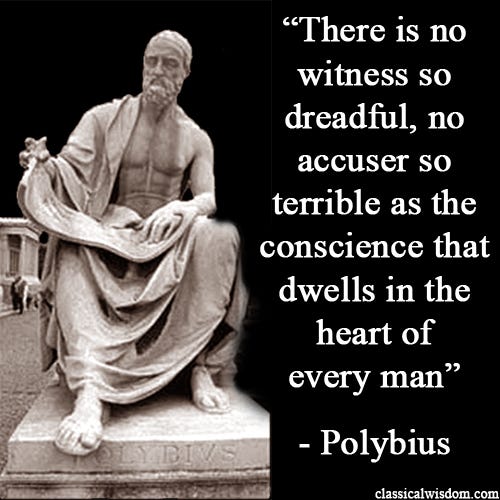Dear Classical Wisdom Reader,
"It’s only plagiarism if it comes from the Plagiare region of France. Otherwise it’s sparkling academic corruption." - Ilya Shapiro
The academic world... as well as the world in general... has been following the dramatic case of Claudine Gay, the American political scientist, academic administrator and 30th president of Harvard University, who was recently disgraced amid plagiarism accusations.
According to The Guardian:
“In her PhD dissertation, and in around half of her journal articles she is alleged to have taken almost verbatim paragraphs from academic papers without acknowledging them as quotes or with proper attribution.”
And so Gay resigned.
Of course, a story like this isn’t actually new. Plagiarism and its ilk has long been lurking at the top universities. Indeed, Stanford University’s president resigned last year after it was discovered that he manipulated scientific data and the president of the University of South Carolina left in 2021 after he copied parts of his speech at a graduation ceremony. How embarrassing!
This recent scandal, however, has sparked a new level of debate and controversy on what, at its very heart, is plagiarism in the first place. This AP headline caused no end of heated and no doubt gesticulative conversation:
Now, I want to be very clear: This isn’t the space to get into the right side/left side aspects of this inquiry. I’m not into ‘he said, she said…’ discussions. Unthinking partisan politics is just that… unthinking… and blindly following any side is not exactly living what Socrates would call the examined life. After all, we are living in a world run by politicians - not statesmen or stateswoman - and the policies and positions they take on issues are almost always serving their interests... not yours.
So, let’s leave the politics aside and instead seek wisdom. What we are interested in is ideas - and how we get them.
So returning to the topic de jour, plagiarism, let us delve into its history. You won’t be surprised, dear reader, to learn that its roots are ancient.
Indeed the word itself, plagiarius (literally "kidnapper") is Latin, initially introduced by the first century Roman poet Martial, who complained that another poet had "kidnapped his verses". However, the concept of taking someone’s creative work goes further back. The second century BC historian Polybius recorded several instances of such a deed, even when proving or detecting plagiarism would have been considerably trickier than today. No algorithms or AI programs to assist!
What is really remarkable are the words of Vitruvius, the 1st century BC Roman architect and engineer known for his multi-volume work titled De architectura.
In his 7th book, he takes the time to mention the influence from earlier writers as well as castigate those who don’t acknowledge their debts.
"Earlier writers deserve our thanks, those, on the contrary, deserve our reproaches, who steal the writings of such men and publish them as their own. Those, who depend in their writings, not on their own ideas, but who enviously do wrong to the works of others and boast of it, deserve not merely to be blamed, but to be sentenced to actual punishment for their wicked course of life."
Ouch!
He goes on to tell the story of when Aristophanes of Byzantium (a brilliant scholar and inventor of one of the first forms of punctuation) caught contestants plagiarizing in a poetry competition. They were forced to confess that they were thieves and condemned to disgrace. Like many ancient stories, this may very well be apocryphal, but nonetheless further illustrates Vitruvius’ view on the topic of plagiarism.

But not all share this perspective. In many fields of art and literature copying an idea is really paying homage. Music may feature a part of an inspiring piece by another, a sample if you will…Indeed, where would we be today without so many versions of appropriation or incorporation? What are the arts without retellings, rewritings, revisions and at times direct imitations and parodies?
In the words of one of the 20th century's greatest poets, T. S. Eliot, "Immature poets imitate; mature poets steal. Bad poets deface what they take."
Which takes us back to today... and to today’s mailbag question.
What exactly is plagiarism? Where is the line between forming our own ideas and acknowledging those who inspired us?
And in a world steeped in history, concepts, ideas, is it even possible to have a truly original thought? Have all ideas already come? Or is there space for something completely new?
As always, you can write to me with your own original thought at anya@classicalwisdom.com or reply to this email.
Now, onto a collection of Mailbag responses. First up “Is Subjective Equal to Objective?” Read on below...
All the best,
Anya Leonard
Founder and Director
Classical Wisdom
P.S. Importance notice for this year’s Essential Greeks Students: Our Welcome Webinar will take place at NOON EST this Wednesday. We will send out the zoom link the morning of webinar - and if you are not able to join us live, don’t fret! We will send out a recording afterwards.
For those of you who are interested in joining our 2024 class, there is still time to register! Make this year the year you truly understand the Essential Greeks:
Monday Mailbag: Objective Vs Subjective
At what point is our subjective view equal or more important than the objective reality? What does Truth matter if it doesn’t impact us? Should we act according to our perceptions and individual experiences? Do we have a choice?
Subjective is objective only when the subject is identified/experienced with its own real characters. The truth value of the case is a different question involving the logical testing for its validity, is it so or not? Mythological (subjective) as opposed to scientific (objective) explanations of natural phenomena in old Greece of 5th century BC is a classic example.
Opeti T.
-
You see we all rely on intuition consistently, but when we converse we must be subjective. We don't always agree and objections can be hurtful. By being subjective, we become more empathetic and this is very important! Oi
Catherine C.
-
Man has freewill and the expression of freewill often may lead to viewing reality and fact as subjective instead of objectively. Truth matters because it is an absolute in a world of relativism. Ignoring truth and replacing it with lies is proof of the decline of values. Morals, society, nations and civilization. Eisenhower taped the concentration camps to try and stop later generations from denial yet that is exactly what is gaining globally today. Already deniers exist and loudly proclaim the Gaza atrocity did not occur. Goebbels would be proud.
Perceptions and experiences grounded in fact and truth are excellent applications. When not so grounded they become indoctrinated dogma. Man does have freewill. The tragedy is he all too often accepts what to think, not how to think using that free will. When society forgets how to think civilizational collapse commences.
Charles F.
-
You can’t figure out when to wear a hat, and so you’re ready to toss objective reality out the window? You must be very frustrated!
Paul
-
As to the question of whether our subjective view or the objective reality are more important or even equal, my vote is with equal – the reason being that the subjective view determines what we do whereas the objective reality determines what we get.
Without a subjective view there wouldn’t be any action, and without any action, the objective reality doesn’t get to have any effect on our actions.
Al. R
Anya, you have a knack for jogging this old brain into action.
As a practicing Stoic, objective reality rules. But if subjective realities appear to be reliable, contrary to the objective, which do you live by?
In the best case, they agree. But there are situations like “the market can remain irrational longer than you can remain solvent”, that it’s best to stand aside on objective reality, and let the subjective run its course.
My two cents. (Or $5.67, after inflation).
On an earlier subject: the powers that be want to convince us that anarchy cannot function. Study of American history during the colonial era: Pennsylvania didn’t observe the conventional protocol. The new governor found the colonial seat neglected and in disarray. And somehow the colony thrived, sans “government “ until his arrival.
As long as there’s self interest and moral compass enough to cooperate and not NEED government, humanity can thrive. I no longer have faith in a societal “moral compass”. Used to be Christianity, now it seems to have devolved into “moral relativism. “What I FEEL” rules. Reality be damned. We’ll see about the outcome, but I’m not giving up.
Jim F.
-
I am always striving to discern the truth, that is, to make my subjective perception of truth match as closely as possible with objective reality. This is not easy, in part because understanding how the world works can be complicated and subtle, but in the world today, it is even harder because there are so many voices trying to convince me that their "reality" is the only true one.
Any time my analysis disagrees with theirs, I strive to understand why, and to be able to define why I believe my perception is closer to reality. Any time any person declares that "the science is settled" or that an alternate explanation of causes is "conspiracy theory", I feel the need to do my own analysis. And generally I find that what is being touted in the media as a truth that every right-thinking person must support, is actually propaganda, perhaps mixed with a little truth, but serving ends which are far astray from objective reality.
In the end, if something is really true, it can withstand examination and criticism. Reality is its own defense.
Gordon F.







Readers might be fascinated to know that charges of plagiarism - and righteous indignation about them - are nothing new. There's a famous case of plagiarism right at the start of one of Terence's comedies. The comedy in question is titled The Eunuch, and it was first performed on the Palatine Hill in Rome in the year 161 BCE. Here's the relevant part in both Latin and in the Oxford translation by the late Peter Brown:
quam nunc acturi sumus
Menandri Eunuchum, postquam aediles emerunt, 20
perfecit sibi ut inspiciundi esset copia.
magistratu' quom ibi adesset occeptast agi.
exclamat furem, non poetam fabulam
dedisse et nil dedisse verborum tamen:
Colacem esse Naevi, et Plauti veterem fabulam; 25
parasiti personam inde ablatam et militis.
As for the play that we’re now about to perform, The Eunuch by Menander, after the aediles had bought it,* he [= Terence's rival poet] fixed things so that he had a chance to look at it. When the officials were present, a run-through began. He cried out that it was a thief, not an author, who had put the play on, but that he hadn’t put one over on him all the same. He said that there was a play called The Toady by Naevius and Plautus,* an old play, and that the characters of the parasite and
the soldier* had been lifted from it.
It's interesting to see that the words for "plagiarize" here are just the regular words meaning "to steal" (fur = thief, and auferre = steal).
Thank you for this important read! As it is important that writers do not steal from each other I think there is also a misunderstanding of the process of “appropriation” in an existential way. Kierkegaard has written a ton about it as that crucial process with which we need to engage with what we know in order to gain any wisdom from it. He surely was “appropriated” by a bunch of authors following and neither Tillich nor Heidegger gave him due credit for how much they took from him. But again, is this may be the way of a living thought to walk pregnant in others and produce new results just as germination does in nature?
I have found passages in my own writings I could not remember any more if I have even written them or gotten them elsewhere. I wonder if the technical advances of detecting “plagiarism” today are probably also blind to the deeper processes going on. Again, I am sure there is just plain stealing going on which is to despise, but again, I am left with open questions if some of the hysteria displayed is a helpful way to judge some one’s writings. Does that make sense?